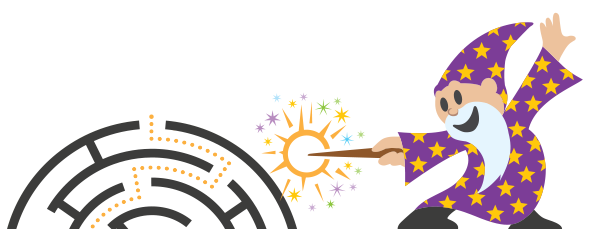
Editor’s Note: Cutting through the red tape to make certain that you get paid for every dollar you earn has become more difficult than ever, particularly in our current climate of health care reform and ICD-10 transition. The ACEP Coding and Nomenclature Committee has partnered with ACEP Now to provide you with practical, impactful tips to help you navigate through this coding and reimbursement maze.
Explore This Issue
ACEP Now: Vol 35 – No 03 – March 2016Fact #2: Abscess I/D Pearl
An incision and drainage (I/D) of an abscess (or paronychia, furuncle, carbuncle, or suppurative hidradenitis, for that matter) is one of the top 20 procedures performed by emergency providers. Did you know there are actually two different codes for this procedure? A simple I/D, 10060, is one that is performed by lancing the lesion or using needle aspiration. In 2016, this is worth 2.77 relative value units (RVUs). On the other hand, a complex I/D is one that may require you to probe the lesion, break up loculations, and pack the wound after irrigation.1 This is worth 5.12 RVUs in 2016.
The RVU difference is large. Without the proper documentation of packing, probing, or breaking up loculations, a complex I/D becomes a simple one. Understanding simple documentation principles can have a dramatic effect on your group practice. If you do the work, you should get credit. For more documentation pearls like this, please visit www.acep.org/reimbursement.
Dr. Adler is assistant medical director of the emergency department at MedStar Montgomery Medical Center and chief coding and reimbursement officer for Emergency Medicine Associates in Olney, Maryland. Dr. Lempert is vice president and medical director, health care financial services, at TeamHealth, based in Knoxville, Tennessee.
Reference
- Coders’ Desk Reference 2011. Salt Lake City, UT: Ingenix; 2010.





One Response to “Documentation Pearls for Navigating Abscess Incision/Drainage Codes”
March 20, 2016
Gabe WilsonThis is one of those unfortunate areas that incentivizes physicians for doing the wrong thing.
Packing an abscess has no evidenciary basis, prolongs healing and makes healing more painful.